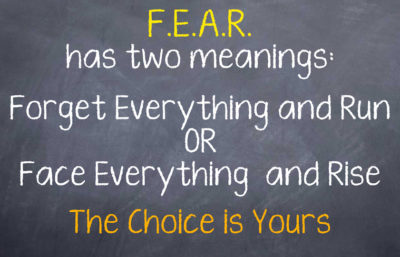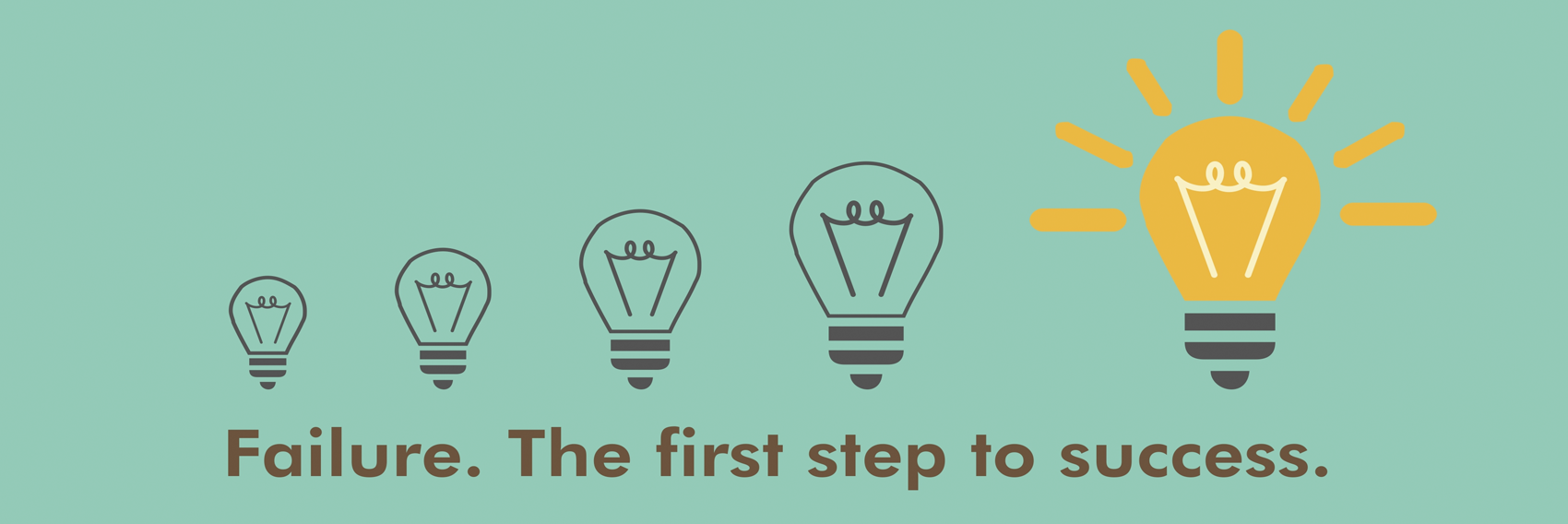“If I am NOT prepared to be wrong, I will never come up with anything original.” – Ken Robinson
As an educator in the Nigerian professional landscape, I have come to realize that the constraint to learning either one knowledge or skill is the fear of failure. This psychological phenomenon that hinders professionals from optimizing their ability still fazes me till today. I believe the “fear of failure” not the “failure” itself, underpins most of the societal ills that are exhibited in form of materialism, oppressive tendencies and self-doubt. Well, it was not that long, I overcame this phobia so I can instinctively smell the symptoms from my student’s reaction to learning:

Dipo: “Let’s do a mock test.”
Students: “No, Mr. Dipo, we have not had time to read.”
Dipo: “The mock test is designed in the program to re-enforce your learning.”
Students: “Please, give us 4 weeks then we will be ready, please Mr. Dipo.”
“It’s failure that gives you the proper perspective on success.” – Ellen DeGeneres
Customer is king; I have to focus on the bottom-line because winning in business is more about the perception of service. Hence, I must capitulate to their request. What students fail to understand is that for the “so called” reading to be effective, they need to expose themselves to numerous questions. Failing the mock test quickly, will lead to understanding the knowledge quickly. What more can I add? It is definitely the fear of failure in operation; this deep seated need to avoid failing at all cost. How can someone make an expert sound judgment if he does not know that the alternative route would lead to failure? How can someone learn if he does not fail?
Fear of failure (also called “atychiphobia”) is when we allow that fear to stop us doing the things that can move us forward to achieve our goals.
Where does this idea that failing is bad come from? I really do not know but I remember some contributing factors. During my undergraduate studies, thousands of Christians assemble at the sports center to pray during examination season. This perceived pious act accomplished unintended goals. Apart from being trained to depend on outward things rather than on the indwelling Spirit of God, it also trained me to fear failure. What is painful is that the exam does not even test how much I can apply the knowledge, just a regurgitation of what I have consumed from my notes or textbook. All I needed to pass my examination was adequate planning with hard work not prayers.

I soon realized that to be successful in learning or other life goals, I must begin with two beliefs: the future can be better than the present, and I have the power to make it so. The power described in the latter, is not instantaneous but accumulative; the more failure I encounter as i genuinely pursue success, the more power I accumulate. So to make this transition of old to new mindset easy, I must re-frame my perception about failure; I am NOT successful “inspite of” failure rather I am successful “because of” failure. This is the only way to achieve the requisite result and become all that I dream of.

